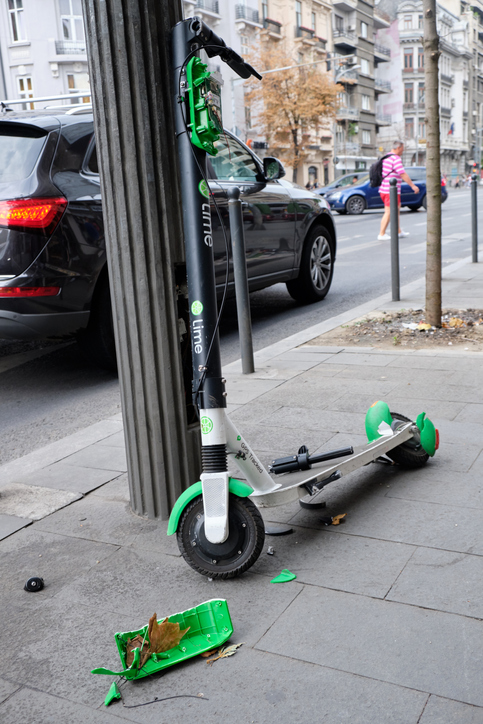The Seattle Transportation and Utilities Committee recently voted to allow private scooter companies preferential access to Seattle streets, effectively using taxpayer dollars to subsidize the scooter company’s operational costs.
This is in despite of growing evidence that electric scooters are not as cost effective or a good replacement for more traditional modes of transportation such as non-electric bicycles, walking and even motorized vehicles.
Seattle has decided to proceed with the experiment and give scooters access to city streets for a nominal $150 fee per year. This is a similar arrangement to the bike sharing program run by Lime and Jump in 2019. Lime, the electric bike sharing company, failed to renew their bike sharing program in Seattle earlier in the year and instead merged with competitor Jump to offer a more limited service. The jury is still out on the program’s cost effectiveness and if Lime can make it profitable without public subsidies for road use.
Safety is huge concern for the new scooter program. Since scooters are required to be used on the roadway instead of on sidewalks, it introduces the very real risk that the scooter rider will be in close proximity to faster, heavier vehicles including cars and buses. The City of Seattle already requires scooter riders to wear helmets to help with safety, but this is almost impossible for the city’s police to enforce. Injuries are infrequent, but when they occur, they are significant.
As with other cities, scooters will likely be abandoned on sidewalks and other places where they become a hazard for other sidewalk and road users. This adds to the cost of running the service as the scooters must be retrieved and repaired, shortening the lifespan of the scooter.
Many local governments that are pushing the benefits of having electric scooters in their downtown areas don’t really have a clear picture the overall fiscal impact.
Cities that have tried the experiment and failed are embroiled in controversy and are experiencing “scooter rage” with their residents. Jump already pulled out of San Diego when the scooter program failed there.
For now, the only benefit of using scooters no one can really argue against is how fun they are for tearing around like you did as a kid. That’s about where it ends, though. Cities and towns should reconsider the total environmental cost and public benefit of scooters before allowing them into our downtown areas as a serious mode of urban travel.






